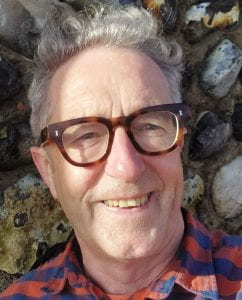“Planning is not just about land use – it’s about creating resilient, inclusive, and forward-looking places that enhance people’s quality of life.” That belief has guided my journey into spatial planning and continues to shape my work as a lecturer in Town Planning MSc at the University of Brighton.”
Olafiyin Taiwo brings a rich tapestry of experience and passion to her role, with a career that spans consultancy, policy advisory, international development, and academia, Ola’s work is rooted in a deep commitment to creating resilient, inclusive, and forward-looking places.
Continue reading “Meet Olafiyin Taiwo – Lecturer in Town Planning MSc”









